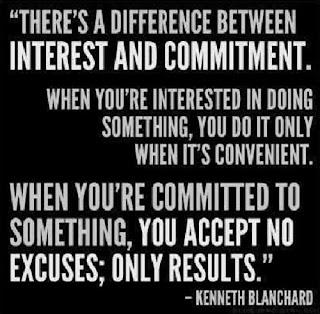 |
| Who is your CEO? |
In lay man terms, the CEO is the big front end of the organisation, while the receptionist is usually the smaller front end. Many small businesses fail due to the inabilities of the CEO to manage the business properly and Leadership is key to the success of any business.
Most startup entrepreneurs are always eager to have their name on the top hierarchy of the startup as Mr CEO. In their defense, its their idea, they started it, its their sweat and all. They are right, except that they fail to realize that its only an existing business that needs a CEO. If they do not have what it takes to manage the startup properly, the CEO position becomes a neglect.
As an aspiring CEO, there’s much work to be done, many plans to be made, many things to learn, unlearn and relearn, many books to be read, many seminars to attend, many practicals to be done and most importantly, many mistakes to be made.
I run a clothing line WITTEEwears. I can’t afford to hire a CEO or a manager right now even though I know I still have much to learn, so I decided to go into partnership with the best partner that ever existed. My business partner doesn’t sleep, he’s always marketing, he’s constantly bringing in new clients, he handles the management better than I do and I can ever do, he only takes 10% of profit and allows me keep 90%, even though he’s the CEO.
My CEO is God.
My CEO is God.
I realized my in capabilities on time and chose my CEO wisely. You don’t have to use the same CEO as I do, but you definitely need a great front end management for your business. If you know you’re not so great at managing your business, don’t deceive yourself, think other than yourself, who else can come on board to assist you, it could probably be in form of employment or partnership; put the business first. The person might be the manager if you really love the CEO name, but most importantly, if your business is failing due to your inabilities as the CEO, look for someone who can CEO better than you. The most important asset in a business is the organisation itself, not the products or the marketing and definitely not the CEO.
If you’re scared of someone stealing your idea, you can keep starving your business of success, till there finally isn’t a business.
When choosing your CEO or your partner, make sure you employ legal agreements that define each person’s rights, percentages and roles. An MOU will also be good too.
When choosing your CEO or your partner, make sure you employ legal agreements that define each person’s rights, percentages and roles. An MOU will also be good too.
Don’t be scared of taking risks, be scared of remaining stagnant.
Mr CEO, who ever you are, be realistic, be strategic, understand the company’s mission and vision and work according to it. Set long and short term goals. Stay true to the mission- the mission comes first, then the team and yourself should come last.
When it starts to get easy, EXPAND
Think WITTEE! Think Intelligence



